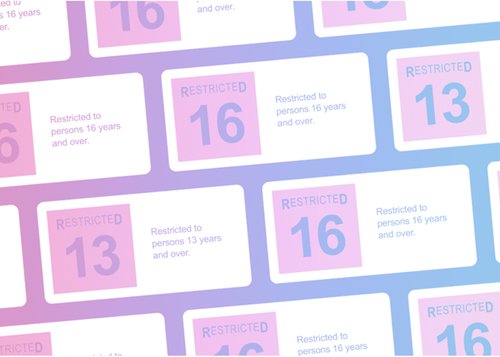The Edge of the Infodemic: Challenging Misinformation in Aotearoa
The research The Edge of the Infodemic: Challenging Misinformation in Aotearoa provides insights from a nationally representative survey of 2,301 people aged 16 years and over. This page provides a summarised version of the key findings.
Exposure to misinformation is common, and concern is widespread
It’s common for New Zealanders to see news and information they think is false or misleading – and some people notice this often in their daily lives. People have very different views about what counts as misinformation, but the most common topics people identified were about Covid-19, followed by US politics.
Concern about the spread of misinformation is widespread and most think it’s becoming more common over time. A majority of New Zealanders think misinformation is influencing people’s views about things like politics, public health and environmental issues, and many see misinformation as an urgent and serious threat.
Misinformation is undermining trust – and the internet plays a key role
New Zealanders tend to distrust online sources of information generally, and this is especially true of social media – most New Zealanders think social media users and corporations often spread false and misleading information intentionally. At the same time, the internet is the most popular source of news and information, while also being a reference point to verify, fact check or confirm this information.
Whether online or offline, most New Zealanders tend to trust information from more traditional sources like government officials, scientists and the New Zealand news media. However, our findings also show that people with higher trust in online only sources of information – and who use these sources more often – are more likely to express belief in statements associated with misinformation.
Everyone is affected by the spread of misinformation
Misinformation is widespread and affects everyone. This is true regardless of age, gender, ethnicity or other characteristics.
It’s relatively common for New Zealanders to express belief in at least some ideas that are linked to misinformation – ideas which are not backed by the best available evidence we have.
When people rely on misinformation to make important decisions it can have a harmful impact on the health and safety of our communities. It can also affect us on a personal level, contributing to anxiety, anger, and mistrust.
New Zealanders think something should be done
People often take action themselves in response to misinformation – such as searching different sources to see if information is accurate, looking at more established news sources, or talking about it with people they trust.
New Zealanders also see this as a societal problem that requires more action. They have differing views on who should do this and how. Many think government, news media and experts have the biggest role in dealing with the spread of misinformation, but that individual internet users and social media corporations also have an important role.
Dealing with the infodemic – what can we do?
Emerging evidence indicates that we should be looking at solutions that work to increase access to good information; lower the volume of misinformation; improve resilience to misinformation; and build levels of trust and social cohesion that can serve as a counter to the more harmful effects.
Tackling misinformation in this way will involve a connected-up approach amongst a broad range of stakeholders. This could include government agencies, NGOs, educators, news media organisations, social media platforms, and community leaders. At the same time the public will need to be supported and engaged.
A broad strategy to address the issues will likely involve the following:
- Provide New Zealanders with the tools and information they need to be informed and empowered.
- Educate at all levels to improve critical thinking and resilience.
- Enhance industry transparency and responsibility.
- Update regulation where needed.
- Conduct further research and evaluation.
We explore this in more detail from page 50 of the research.
Help information
This research deals with some difficult topics. If you’re feeling anxious, uncomfortable, or overwhelmed, try talking it through with trusted friends or whānau – or you can free call or text 1737 for more support.
Subscribe to our news
Stay up to date with news from the Classification Office.


